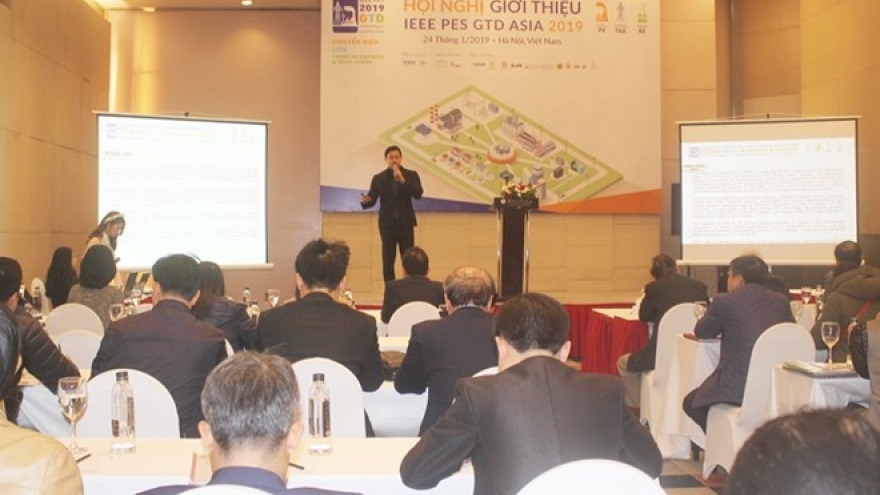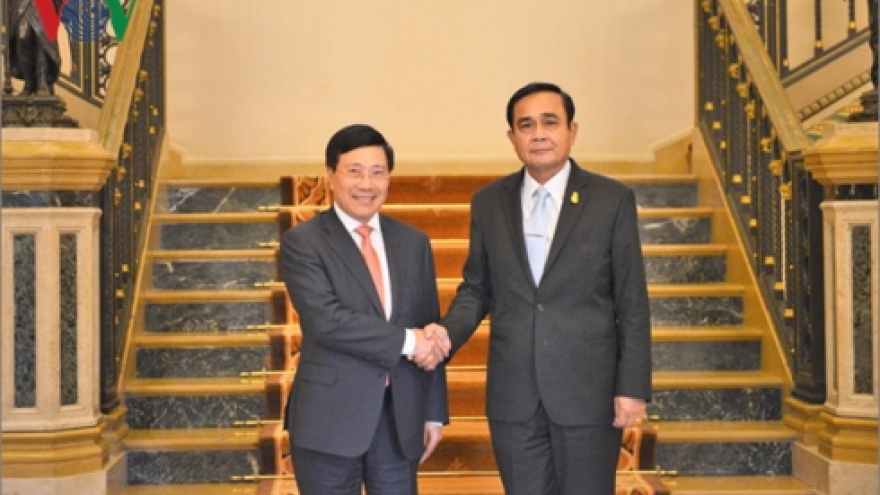Thailand, WB to Enhance Human Capital Development in ASEAN
Thailand and the World Bank will launch a Human Capital Development Initiative for ASEAN through an ASEAN High-Level Meeting in Bangkok in April 2019.
 |
Dr. Victoria Kwakwa, Vice President of the World Bank, paid a visit to Thailand and had a meeting with Deputy Foreign Minister Virasakdi Futrakul on 25 January 2019. On this occasion, Thailand welcomed the World Bank, as it joined the European Union in being the latest external partner of ASEAN.
Thailand considers the World Bank one of its strategic partners and a key partner of ASEAN in promoting a people-centered ASEAN Community, where no one is left behind and looks towards the future.
Sustainable development cooperation is at the heart of Thailand’s efforts to promote its key ASEAN priority for enhancing sustainability in all dimensions.
This will increase ASEAN’s strategic value-added in the region in the long run.
Among the different initiatives that ASEAN and the World Bank aim to pursue together this year include enhancing cooperation to address the challenge of malnutrition and stunting in the ASEAN region.
This will be pursued within the framework of ASEAN’s Complementarities Initiative which seeks to build complementarities between the ASEAN Community Vision 2025 and the SDGs.
Concrete projects between ASEAN and the World Bank will be developed in this area in partnership with the ASEAN Centre for Sustainable Development Studies and Dialogue to be launched in Thailand later this year.
The World Bank supports Thailand’s priority as Chair in enhancing regional connectivity with the goal of creating a Seamless ASEAN and strengthening of synergies between ASEAN connectivity and other connectivity Strategies in the region, through the "Connecting the Connectivities” approach.
The World Bank is already supporting implementation of the Master Plan on ASEAN Connectivity 2025 and is studying ways to support efforts to develop synergies.
In addition, the World Bank commended Thailand’s important role in promoting sub-regional economic cooperation and, in particular, Thailand’s initiatives with regard to the Ayeyawady – Chao Phraya – Mekong Economic Cooperation Strategy (ACMECS), which recently adopted a Master Plan, and is exploring ways to cooperate with ACMECS.


